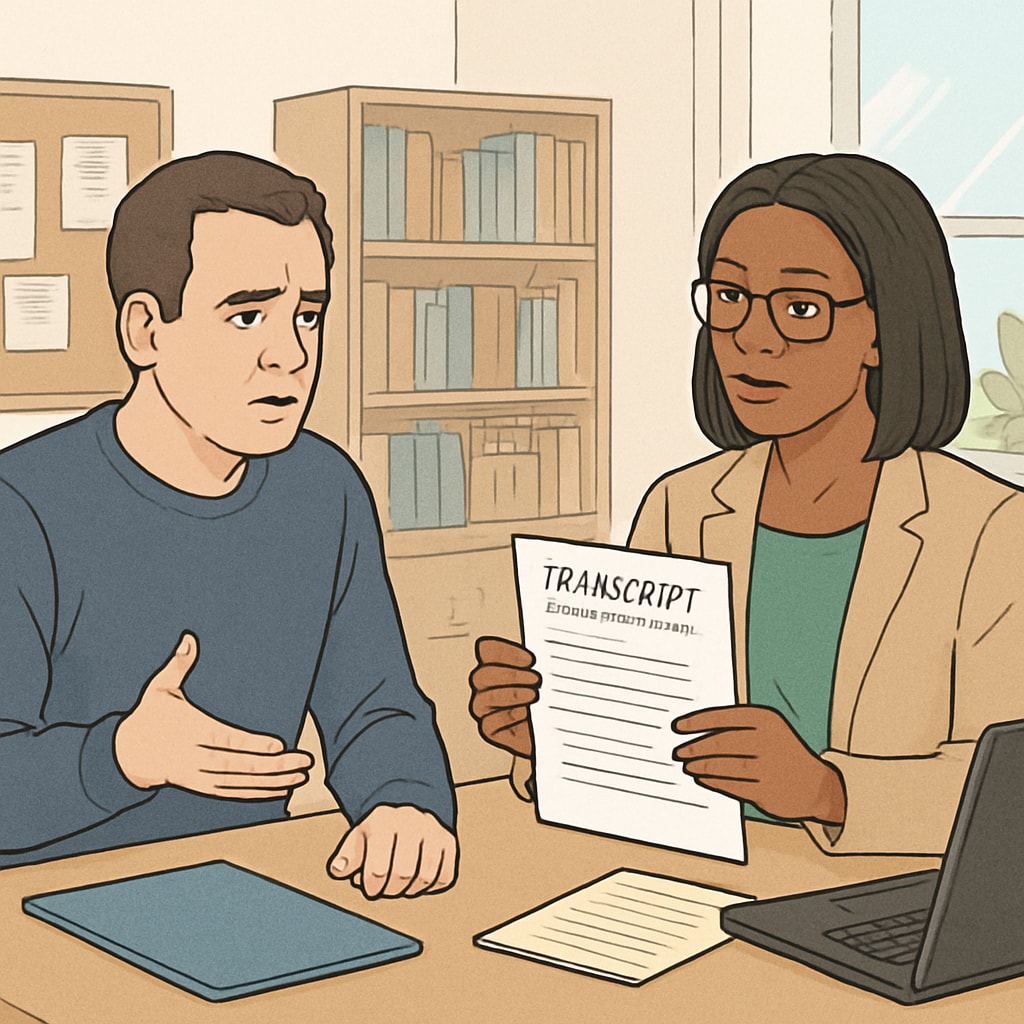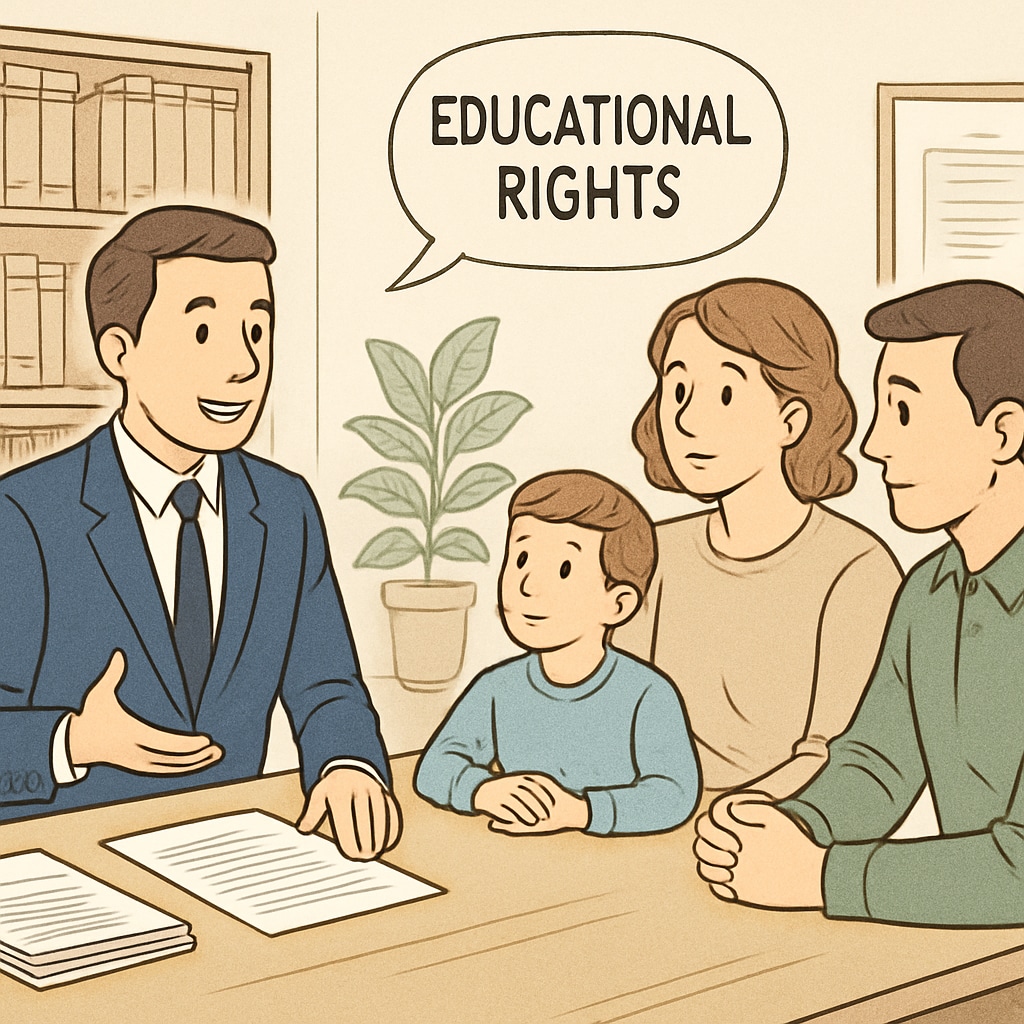Accessing school transcripts can become a major hurdle for parents when unpaid balances exist. This issue becomes even more critical when transcripts are needed for professional licensing exams or other academic requirements. In this article, we will explore the policies surrounding transcript withholding, the legal implications, and practical solutions that can help parents resolve these challenges without compromising their child’s education or future opportunities.
Why Schools Withhold Transcripts
Many educational institutions, particularly in the K-12 system, enforce policies that allow them to withhold transcripts if a family has outstanding financial obligations. These unpaid balances can include tuition, lunch fees, library fines, or other school-related expenses. While this policy is often justified as a way to ensure financial accountability, it can create significant barriers for families who may already be struggling financially.
For example, families seeking to transfer their child to another school, apply for college, or fulfill requirements for professional licensure exams may find themselves in a difficult position. Without access to the necessary academic records, these processes can be delayed or even derailed entirely.

The Legality of Withholding Academic Records
The legality of withholding transcripts due to unpaid balances varies depending on the jurisdiction and type of school. Public schools, which are funded by taxpayer dollars, may have more restrictions on their ability to deny access to academic records. In many cases, state laws require public schools to provide transcripts, regardless of unpaid balances, to ensure that students are not penalized for their family’s financial situation.
In contrast, private schools have more leeway to enforce strict financial policies, as they operate under contractual agreements with families. These contracts often include clauses that permit the withholding of transcripts until financial obligations are met. However, even in these cases, parents may have legal recourse depending on the specific terms of the contract and local consumer protection laws.
Parents facing such situations should familiarize themselves with their local education laws or consult a legal expert to determine their rights. For more information, you can refer to general resources on education law on Wikipedia.
Practical Solutions for Parents
If you find yourself in a situation where unpaid balances are preventing access to your child’s transcripts, consider the following steps:
- Negotiate a Payment Plan: Many schools are willing to work with families to create a manageable payment plan. This can demonstrate good faith and may lead to the release of transcripts.
- Request Partial Access: In some cases, schools may agree to release unofficial transcripts or specific documents necessary for immediate purposes, such as professional exams or college applications.
- Seek Financial Assistance: Look for community resources or educational grants that can help cover outstanding balances. Local charities or nonprofit organizations may offer support.
- Consult Legal Aid: If you believe your rights are being violated, seek legal assistance to understand your options. Free or low-cost legal aid services are often available for families in need.
By taking proactive steps and maintaining open communication with school administrators, parents can often find solutions that balance financial obligations with their child’s educational needs.

The Long-Term Impact of Withholding Transcripts
Beyond the immediate inconvenience, withholding transcripts can have long-term consequences for students. For example, delays in transferring schools or applying for colleges can disrupt academic progress and limit future opportunities. Similarly, missing deadlines for professional exams can hinder career advancement.
It is essential for schools to balance financial policies with their role as educators and advocates for students. Some states have already begun implementing legislation to prevent transcript withholding for unpaid balances, recognizing the negative impact it can have on students’ futures. For instance, you can explore more on this topic through resources like education policy on Britannica.
Parents, too, have a role to play in advocating for fair practices within their local education systems. By raising awareness and working collaboratively with schools, communities can help ensure that financial barriers do not stand in the way of educational success.
Readability guidance: This article uses short paragraphs, active voice, and clear transitions to improve accessibility. Key points are summarized in lists, and overuse of technical jargon is avoided to maintain readability for a broad audience.


